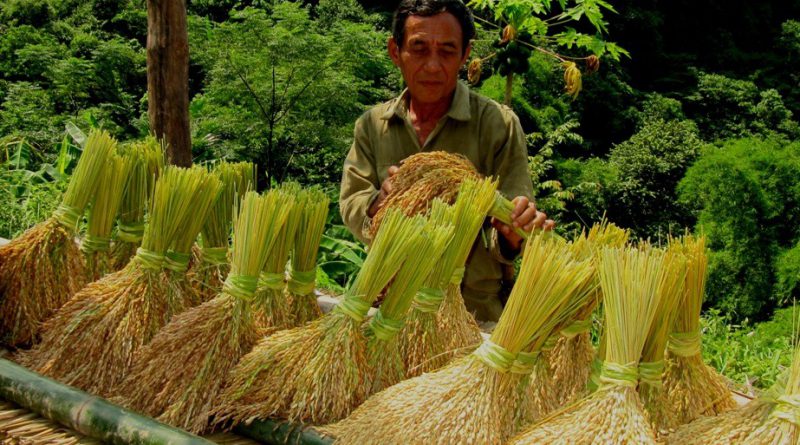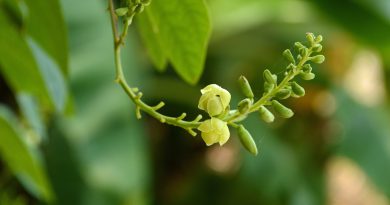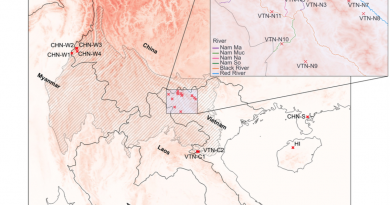Achievements of The IMPGR Project in Vietnam, 2012-2014: “Safe Management of Upland Rice Genetic Resources in Vietnam”
| In the world, nearly 100 million people now depend on upland rice as their daily staple food. Almost two-thirds of the upland rice area is in Asia and Bangladesh, Cambodia, China, India, Indonesia, Myanmar, Thailand, Lao Vietnam are important producers. In general, yield of upland rice is rather low, but upland rice also has precious traits such as good quality rice, and especially they are highly tolerant to drought in non-irrigated condition. These characteristicsmake them more different than improved rice varieties and they are considered as valuable materials for rice breeding. Vietnam is the world’s second rice exporter, therefore improving the quality of rice is being become more and more important and upland rice genetic resources could meet this demand.
The Vietnam Government has recently issued a series of incentive policies in order to reduce poverty, such as the 135, 5 Million ha of reforestation and 30A Programs for mountainous areas where almost upland rice planted. Further, food security of Vietnam has been improved very spectacularly, from a rice importer Vietnam becomes the second rice exporter in the world in the short time. Consequently, the area of upland rice was declined very fast for two last decades, from 450,000 ha in late 1990s down to 130,000 ha in 2009. Accompanying with its decline, a lot of upland rice germplasm were disappeared. Therefore, collecting, conserving and exploiting the upland rice genetic resources for food security is very important and more urgent. Up to now, there are about 3000 accessions of upland rice among total of 10.000 accessions of rice collected and preserved at the National seed genebank of Vietnam. Recently, the Asian Food and Agriculture Cooperation Initiative (AFACI) has sponsored for the Plant Resources Center (PRC), Vietnam Academy of Agricultural Sciences the project: “Safe Management of Upland Rice Genetic Resources in Vietnam” in order to contribute to safe conservation and promote sustainable use of upland rice germplasm for food security in Vietnam. During implementing the project from 2012 to 2014, there were 222 accession of upland rice collected from 3 provinces of Vietnam and total 807 accessions multiplied/ regenerated, characterized successfully and preserved well at the national seed genebank. The collecting and characterization data of the project have been incorporated into the PRC database and now, these data are ability and easy for access. There were 96 researchers/scientists of PRC and its member network trained/attended trainings and workshops supported by AFACI. Full text: Achievements of The IMPGR Project in Vietnam, 2012-2014: “Safe Management of Upland Rice Genetic Resources in Vietnam” |
|
| Nguyen Khac Quynh et al. |



